Staying Safe: Effective Strategies to Prevent Falls and Injuries in the Elderly
Demi Wilcox • March 21, 2024
Staying Safe: Effective Strategies to Prevent Falls and Injuries in the Elderly
Falls and injuries are a major concern for the elderly population. According to the Centers for Disease Control and Prevention (CDC), falls are the leading cause of fatal and non-fatal injuries in older adults. These injuries not only affect the physical well-being of the elderly but also impact their mental and emotional health. The good news is that falls and injuries can be prevented by taking some proactive measures. In this blog, we will discuss some tips on how to prevent falls and injuries in the elderly.
1. Exercise Regularly
Regular exercise can help improve strength, balance, and flexibility, which are essential for preventing falls in the elderly. Simple activities like walking, tai chi, and water aerobics can help improve muscle strength and balance. It is recommended to consult a doctor or a physical therapist before starting any exercise routine to ensure safety and effectiveness.
2. Keep the Home Safe
Most falls among the elderly happen at home. Therefore, it is crucial to make the home environment as safe as possible. This includes removing clutter, securing loose rugs, and installing grab bars in the bathroom. Lighting should also be adequate, especially in hallways and stairways, to prevent tripping in the dark.
3. Review Medications
Some medications can cause dizziness or drowsiness, increasing the risk of falls in the elderly. It is essential to review all medications with a doctor or pharmacist and make sure they are not interacting with each other or causing any side effects. It is also necessary to take medications as prescribed and not miss any doses.
4. Get Regular Eye Exams
Poor eyesight can significantly contribute to falls and injuries in the elderly. It is crucial to get regular eye exams and update glasses or contact lens prescriptions as needed. Make sure there is enough lighting in the house, especially in areas where the elderly spend most of their time.
5. Use Assistive Devices
For those with mobility or balance issues, using assistive devices like canes, walkers, or wheelchairs can significantly reduce the risk of falls. These devices provide support and stability, making it easier to move around and perform daily activities.
6. Eat a Balanced Diet
A balanced diet is essential for maintaining strong bones and muscles, which are crucial for preventing falls. Make sure the elderly are consuming enough calcium and vitamin D through their diet or supplements. It is also essential to stay hydrated to prevent dizziness or lightheadedness.
7. Keep a Check on Footwear
Wearing proper footwear is crucial for preventing falls in the elderly. Shoes should fit well, have good traction, and provide adequate support. Avoid walking in socks or slippers as they can increase the risk of slipping and falling.
8. Encourage Regular Check-ups
Regular check-ups with a doctor can help identify any potential health issues that may increase the risk of falls. It is essential to address any balance or mobility problems early on to prevent falls in the future.
In conclusion, falls and injuries are a significant concern for the elderly population, but they can be prevented by following these tips. It is essential to maintain a healthy and active lifestyle, make the home environment safe, and seek medical attention when needed. By taking these preventive measures, the elderly can enjoy a safe and independent life.

By Demi Wilcox
•
October 3, 2024
As a homecare company, our main goal at Comfort At Home Homecare is to provide exceptional care and support to our clients. We strive to create a warm and welcoming environment for our clients, and part of that includes celebrating special occasions such as birthdays. With National Birthday and Events Day just around the corner, we wanted to take this opportunity to highlight how we celebrate birthdays here at Comfort At Home Homecare and why it is important to us. At Comfort At Home Homecare, we understand that birthdays hold a special place in people's hearts. It's a day to celebrate life, reflect on the past year, and look forward to the future. For our clients, it's even more important as it gives them a chance to feel loved and remembered by their family and friends. We believe that everyone deserves to feel special on their birthday, regardless of their age or health condition. On National Birthday and Events Day, our team at Comfort At Home Homecare goes above and beyond to make our clients' birthdays a memorable one. We start by planning ahead and asking our clients about their preferences for their special day. Some may prefer a quiet celebration with a home-cooked meal, while others may enjoy a small gathering with loved ones. Whatever their preference may be, we make sure to tailor our celebrations to their liking. One of the ways we make our clients' birthdays special is by decorating their home with balloons, streamers, and birthday banners. This creates a festive atmosphere and brings a smile to our clients' faces. We also make sure to include their favorite foods and desserts in their meals, making their birthday celebration truly personalized and thoughtful. At Comfort At Home Homecare, we also believe that birthdays are not just about the celebration, but also about creating lasting memories. That's why we encourage our clients to partake in activities that they enjoy, such as playing board games, watching their favorite movies, or going for a walk in the park. We also provide them with a special birthday card and a small gift to make them feel cherished and appreciated. Celebrating birthdays is not only important for our clients but also for our team at Comfort At Home Homecare. It gives us a chance to bond with our clients and create a deeper connection with them. We get to know them on a more personal level and learn about their life stories, which helps us provide better care and support. In addition to birthdays, we also make sure to celebrate other special occasions such as anniversaries and holidays with our clients. Our team goes the extra mile to ensure that our clients feel loved and included in these celebrations, even if they are unable to leave their home. In conclusion, at Comfort At Home Homecare, we believe that every birthday is a reason to celebrate. We take great pride in making our clients' birthdays special and creating a positive and uplifting atmosphere for them. We are honored to be a part of their lives and to have the opportunity to make their special day a memorable one. So, on National Birthday and Events Day, let us all take a moment to celebrate the gift of life and cherish those around us.
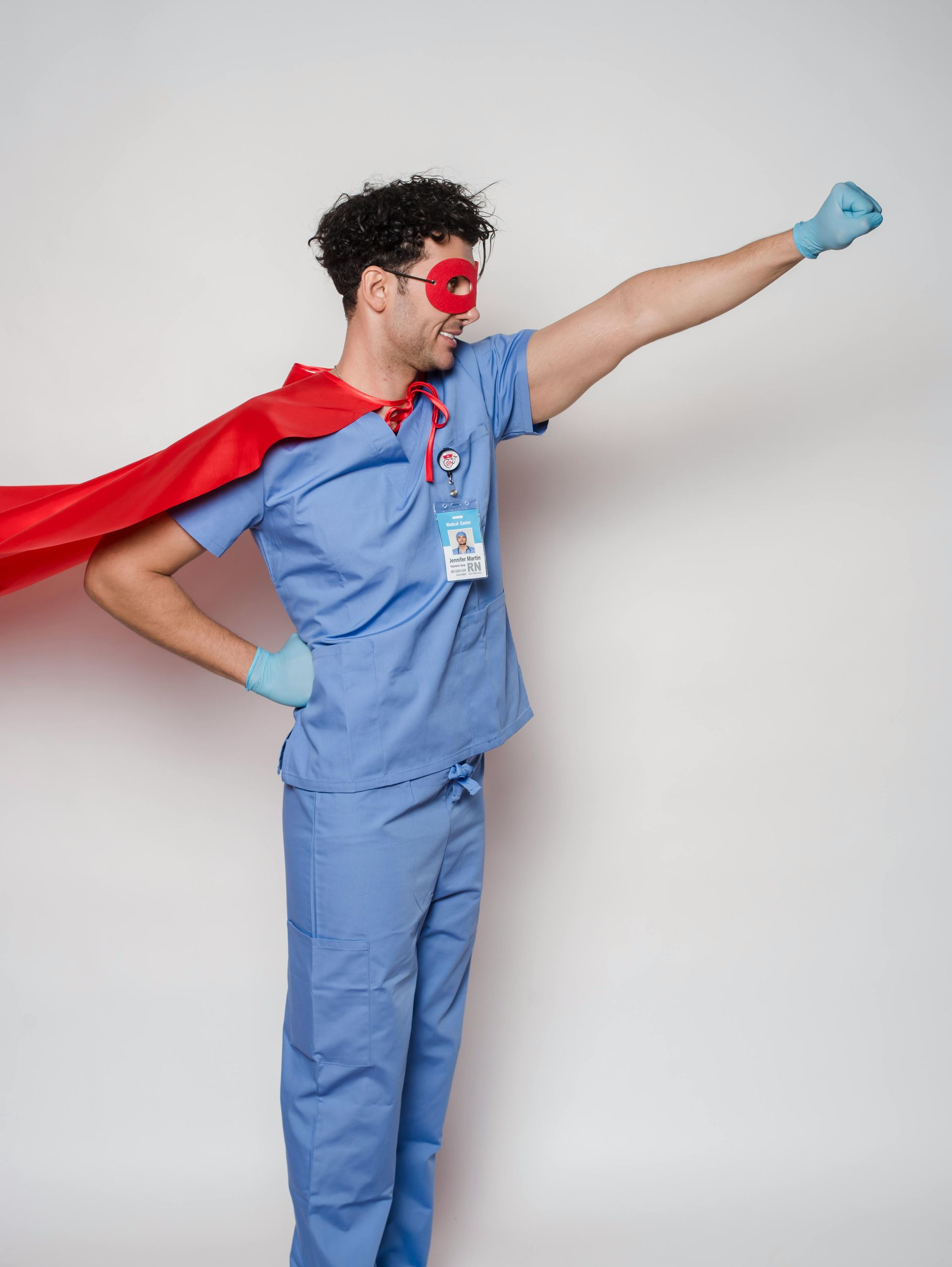
By Demi Wilcox
•
September 30, 2024
Welcome to the Comfort At Home Homcare blog. Today, we are excited to celebrate National Working Parents Day and show our appreciation for all the hardworking parents on our team. As a company that specializes in providing care and support for seniors, we understand the unique challenges that working parents face and the importance of recognizing their dedication. At Comfort At Home Homcare, we have a team of compassionate and skilled caregivers who are also parents. We are proud to have such dedicated individuals working with us, and we are grateful for the sacrifices they make every day to balance their work and family life. Being a working parent is no easy feat. It requires a lot of juggling and multitasking to ensure that both work and family responsibilities are met. From attending meetings to helping with homework, working parents do it all with grace and determination. They are true superheroes in our eyes. We know that being a working parent can be challenging, and that's why at Comfort At Home Homcare, we strive to provide a supportive and flexible work environment. We understand that emergencies can arise when it comes to childcare, and we are always willing to work with our employees to find a solution. We believe that by supporting our working parents, we are also supporting the seniors and families we serve. Our team of working parents brings a unique perspective to their caregiving role. They understand the importance of compassion, patience, and empathy, as they apply these values in both their personal and professional lives. This allows them to provide exceptional care to our clients, who often become like family to them. We are grateful to have such amazing working parents as part of our team. They not only bring their skills and expertise to the job but also their love and care for their own families, which is reflected in the care they provide to our clients. Their dedication and commitment to their work and families serve as an inspiration to all of us at Comfort At Home Homcare. On this National Working Parents Day, we want to take a moment to say thank you to all the working parents on our team. Your hard work, dedication, and sacrifices do not go unnoticed. We appreciate you and all that you do, not only for our company but also for your families and the seniors we serve. In conclusion, as we celebrate National Working Parents Day, let's take a moment to recognize and appreciate all the working parents in our lives. They truly are superheroes, and we are grateful to have them on our team at Comfort At Home Homcare. To all the working parents out there, we salute you and thank you for all that you do. Happy National Working Parents Day!

By Demi Wilcox
•
September 13, 2024
Today, in the United States, we celebrate National Day of Service. This day is dedicated to promoting the spirit of volunteerism and giving back to our communities. At Comfort At Home Homecare in Bellevue, WA, we are proud to have a team of dedicated employees who embody this spirit every day. Our business is rooted in the idea of serving and caring for others. We provide in-home care services for seniors and individuals with disabilities, helping them maintain their independence and quality of life. Our employees are the heart and soul of our company, and on this National Day of Service, we want to take a moment to thank them for their hard work and dedication. Our caregivers go above and beyond their job duties to make a positive impact on the lives of our clients. They provide companionship, assistance with daily tasks, and compassionate care to those in need. Their selflessness and commitment to serving others is truly inspiring. During the COVID-19 pandemic, our employees have been on the frontlines, providing essential care to our vulnerable clients. They have worked tirelessly, risking their own health and safety, to ensure that our clients receive the care they need. We are incredibly grateful for their unwavering dedication and bravery during these challenging times. Besides their work with clients, our employees also take part in various volunteer activities and community service projects. They have participated in food drives, fundraisers, and other events to support local charities and organizations. Their willingness to give back to the community reflects our company's values and is a testament to their kind hearts. We are also proud to support our employees in their personal endeavors to serve others. Many of our caregivers are involved in volunteer work outside of their jobs, and we encourage and applaud their efforts. Their passion for helping others extends beyond their role at Comfort At Home Homecare, and we are grateful to have such compassionate individuals on our team. On this National Day of Service, we want to express our sincere gratitude to our employees at Comfort At Home Homecare. Your dedication to serving others and making a positive impact in the world does not go unnoticed. We are honored to have you as part of our team and are grateful for all that you do. To our clients, their families, and the community, we thank you for trusting us with your loved ones and for allowing us to serve and care for them. We will continue to uphold our commitment to providing quality and compassionate care, thanks to our amazing employees. In conclusion, as we celebrate National Day of Service, let us all take a moment to thank and recognize the selfless individuals who make a difference in our lives and communities every day. We are proud to stand with our employees at Comfort At Home Homecare and continue our mission of serving and caring for others.
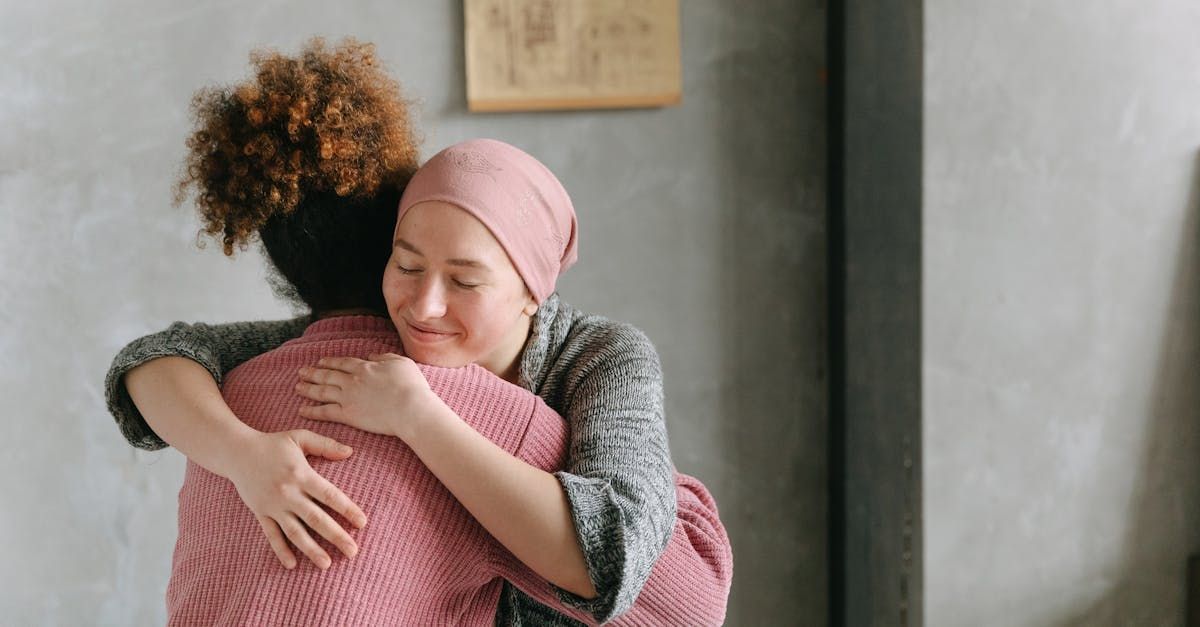
By Demi Wilcox
•
September 11, 2024
Today, in the United States, we celebrate National Day of Service. This day is dedicated to promoting the spirit of volunteerism and giving back to our communities. At Comfort At Home Homecare in Bellevue, WA, we are proud to have a team of dedicated employees who embody this spirit every day. Our business is rooted in the idea of serving and caring for others. We provide in-home care services for seniors and individuals with disabilities, helping them maintain their independence and quality of life. Our employees are the heart and soul of our company, and on this National Day of Service, we want to take a moment to thank them for their hard work and dedication. Our caregivers go above and beyond their job duties to make a positive impact on the lives of our clients. They provide companionship, assistance with daily tasks, and compassionate care to those in need. Their selflessness and commitment to serving others is truly inspiring. During the COVID-19 pandemic, our employees have been on the frontlines, providing essential care to our vulnerable clients. They have worked tirelessly, risking their own health and safety, to ensure that our clients receive the care they need. We are incredibly grateful for their unwavering dedication and bravery during these challenging times. Besides their work with clients, our employees also take part in various volunteer activities and community service projects. They have participated in food drives, fundraisers, and other events to support local charities and organizations. Their willingness to give back to the community reflects our company's values and is a testament to their kind hearts. We are also proud to support our employees in their personal endeavors to serve others. Many of our caregivers are involved in volunteer work outside of their jobs, and we encourage and applaud their efforts. Their passion for helping others extends beyond their role at Comfort At Home Homecare, and we are grateful to have such compassionate individuals on our team. On this National Day of Service, we want to express our sincere gratitude to our employees at Comfort At Home Homecare. Your dedication to serving others and making a positive impact in the world does not go unnoticed. We are honored to have you as part of our team and are grateful for all that you do. To our clients, their families, and the community, we thank you for trusting us with your loved ones and for allowing us to serve and care for them. We will continue to uphold our commitment to providing quality and compassionate care, thanks to our amazing employees. In conclusion, as we celebrate National Day of Service, let us all take a moment to thank and recognize the selfless individuals who make a difference in our lives and communities every day. We are proud to stand with our employees at Comfort At Home Homecare and continue our mission of serving and caring for others.
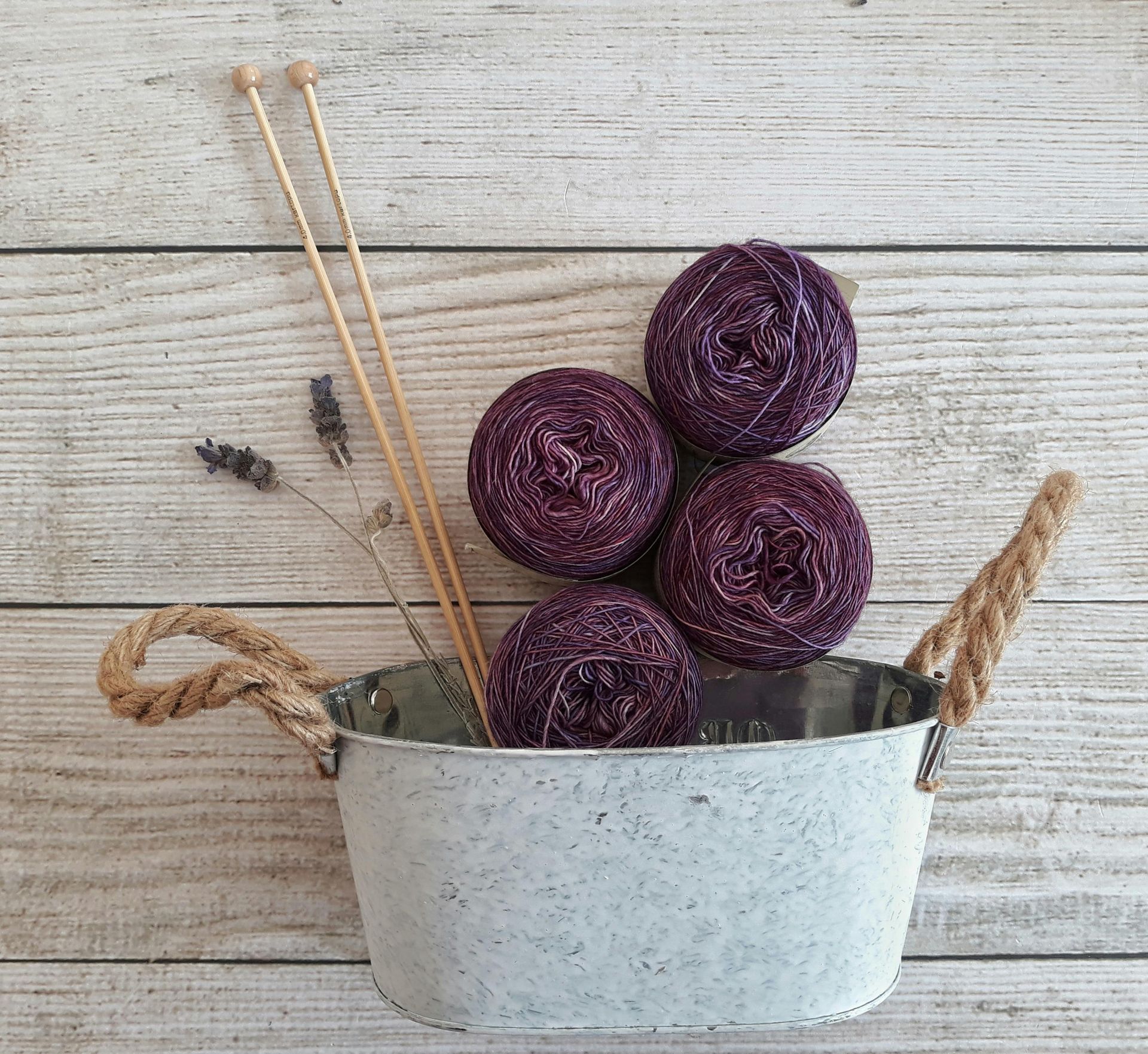
By Demi Wilcox
•
September 10, 2024
Fall is officially here, and for many of our clients at Comfort At Home Homecare in Seattle, Washington, this season brings a sense of excitement and joy. As the leaves change colors and the air turns crisp, our clients are eager to embrace their favorite fall hobbies. Among these, knitting seems to be a beloved pastime that brings comfort and relaxation to many of our clients. At Comfort At Home Homecare, we take pride in providing personalized and compassionate care to our clients, and part of that includes understanding their interests and hobbies. As we have noticed, many of our clients find knitting to be a therapeutic and enjoyable activity, especially during the fall season. So, what makes knitting such a popular hobby among our clients? Let's explore further. First and foremost, knitting is a creative outlet that allows our clients to express themselves and create something beautiful with their own hands. It gives them a sense of accomplishment and pride when they see the end result of their hard work. In a world where aging can sometimes bring feelings of helplessness and loss of control, knitting gives our clients a sense of purpose and control over their own lives. Moreover, knitting has been proven to have numerous health benefits for seniors. It promotes relaxation and reduces stress, which can be particularly beneficial for those dealing with chronic conditions or memory loss. It also helps improve hand-eye coordination and keeps the fingers and hands active, which can be helpful for seniors with arthritis or other joint issues. Knitting also provides mental stimulation, as it requires focus and concentration, keeping the mind sharp. But why is knitting specifically popular during the fall season? Well, for one, the cooler weather makes it the perfect time to cozy up with some yarn and needles. Our clients love to sit by the fireplace or near a big window with a cup of warm tea and knit away. The fall colors also inspire them to create beautiful scarves, hats, and sweaters in warm hues of red, orange, and yellow. Knitting also allows our clients to prepare for the colder months ahead by creating practical and functional items such as blankets and socks. At Comfort At Home Homecare, we understand the importance of promoting and supporting our clients' hobbies and interests. That's why we have a team of caregivers who are trained and knowledgeable about knitting, and they are always happy to assist our clients with their projects. We also organize knitting circles and classes for our clients, where they can socialize with others while pursuing their hobby. In conclusion, knitting has become an integral part of fall for our clients at Comfort At Home Homecare in Seattle, Washington. It brings them joy, relaxation, and a sense of purpose, making it an ideal hobby for seniors. We are proud to be able to support our clients' interests and provide them with the care and assistance they need to continue enjoying their hobbies. Happy knitting, everyone!
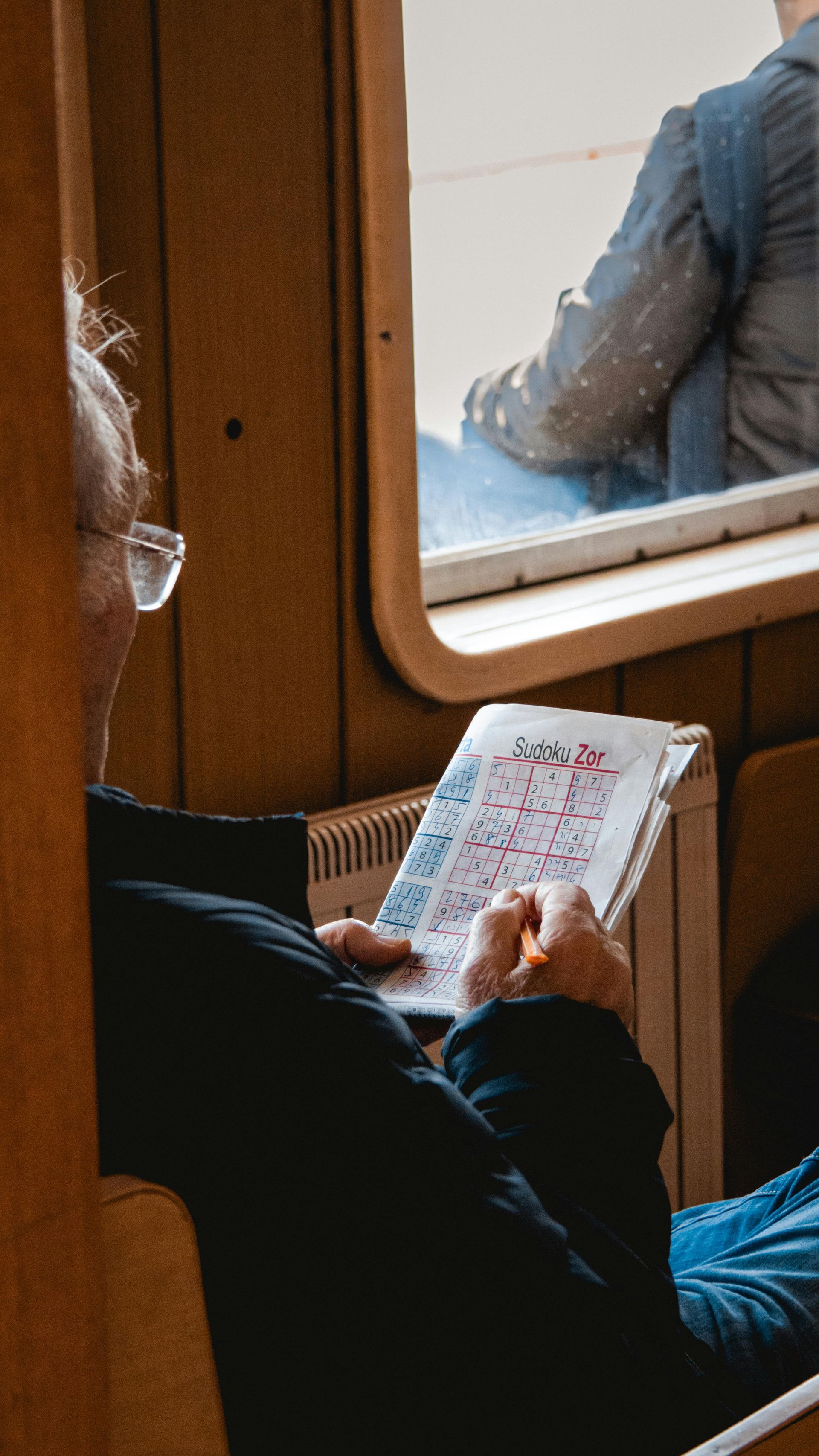
By Demi Wilcox
•
September 9, 2024
Hello readers, Today, I want to talk about an important day that is celebrated on September 9th every year - National Sudoku Day. You may be wondering, why is a blog dedicated to seniors and caretakers talking about a puzzle game? Well, let me tell you, National Sudoku Day is not just about solving a puzzle, it is also about promoting mental health and well-being for seniors, and here's why. As we age, our cognitive abilities may decline, making it harder for us to remember things or process information quickly. This can be frustrating and may lead to feelings of isolation and lack of confidence. That's where Sudoku comes in. It is a brain-teasing game that requires logic, critical thinking, and problem-solving skills. By regularly engaging in Sudoku, seniors can improve their cognitive function and keep their minds sharp. But the benefits of Sudoku are not just limited to seniors. Caretakers, who play a crucial role in the lives of seniors, can also benefit from this game. Taking care of a senior can be physically and mentally taxing, and it is important for caretakers to find ways to de-stress and relax. Sudoku provides a fun and challenging activity for caretakers to unwind and rejuvenate their minds. At Comfort At Home Homecare in Seattle, we believe in promoting the overall well-being of our clients and caretakers. That's why, on National Sudoku Day, we encourage our seniors and caretakers to participate in this engaging activity together. Not only does it provide a bonding experience, but it also promotes a healthy and active lifestyle. Sudoku can also be a great way for seniors and caretakers to connect with each other and break the ice. It can be challenging to find common interests and topics to talk about, especially with seniors who may have memory loss or difficulty communicating. Sudoku provides a shared experience that can stimulate conversations and strengthen relationships. Moreover, Sudoku is a low-cost and accessible activity that can be done at home, making it a perfect choice for seniors who may have limited mobility or prefer staying indoors. It is a game that can be played at any pace, allowing seniors to take breaks or come back to it later if they get tired. In conclusion, National Sudoku Day is not just a day to celebrate a puzzle game, but it is a reminder of the importance of mental health for seniors and caretakers. At Comfort At Home Homecare in Seattle, we encourage our clients and caretakers to participate in Sudoku and other brain-stimulating activities to promote their overall well-being. So, this September 9th, let's all take some time to play Sudoku and challenge our minds. Thank you for reading. We hope you have a fun and fulfilling National Sudoku Day!
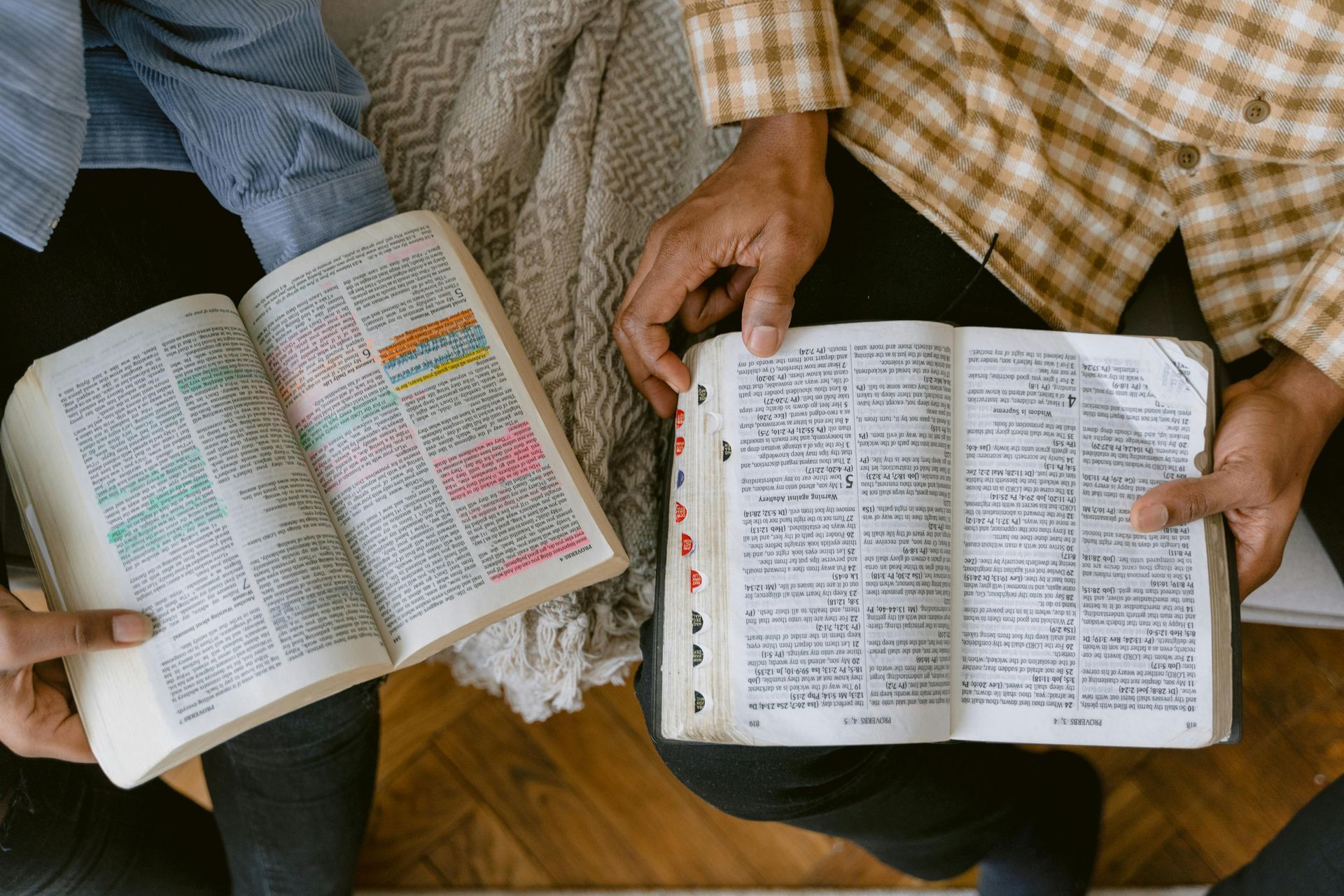
By Demi Wilcox
•
September 6, 2024
Happy National Book Lovers Day! Today, we celebrate the joy of reading and the impact that books have on our lives. As we all know, reading is not only a great source of entertainment, but it also has numerous benefits for our mental and emotional well-being. This day is a perfect opportunity to encourage seniors in Seattle and clients of Comfort At Home Homecare to indulge in their love for books. For seniors, reading can be a wonderful and enriching activity. As we age, it is important to keep our minds active and engaged, and reading is a great way to do that. It improves cognitive function, memory, and concentration, which are all crucial for maintaining a healthy and independent lifestyle. Reading also provides a sense of escapism and allows seniors to explore new worlds and ideas, keeping their imagination alive. For clients of Comfort At Home Homecare, reading can be a therapeutic and comforting activity. It can help reduce stress and anxiety, and provide a sense of relaxation and calmness. For those who may be recovering from an illness or injury, reading can also aid in the healing process by distracting them from any pain or discomfort they may be experiencing. So, how can we celebrate National Book Lovers Day and promote reading among seniors and clients of Comfort At Home Homecare in Seattle? Here are a few ideas: 1. Book Club: Organize a book club for seniors and clients of Comfort At Home Homecare. This can be a great way to bring people together and create a sense of community. Choose a book that is easy to read and discuss, and encourage everyone to share their thoughts and opinions. 2. Library Visits: Take a trip to the local library with seniors and clients of Comfort At Home Homecare. Libraries are a treasure trove of books and resources, and many offer programs specifically for seniors. It is also a great opportunity to spend quality time together and explore new books. 3. Audio Books: For those who may have difficulty reading due to vision or physical limitations, audio books are a wonderful alternative. They allow seniors and clients of Comfort At Home Homecare to still enjoy the pleasure of a good book without any barriers. 4. Book Exchanges: Encourage seniors and clients of Comfort At Home Homecare to share their favorite books with each other. This can be a great way to discover new authors and genres, and also promote socialization. 5. Personalized Reading Lists: Ask seniors and clients of Comfort At Home Homecare about their interests and hobbies, and create personalized reading lists for them. This will show them that their preferences and opinions are valued, and also help them discover new books they may enjoy. Reading is a wonderful activity that can bring people together and provide countless benefits, especially for seniors and clients of Comfort At Home Homecare. On National Book Lovers Day, let's encourage and support them to continue reading and exploring the world through books. Happy reading!
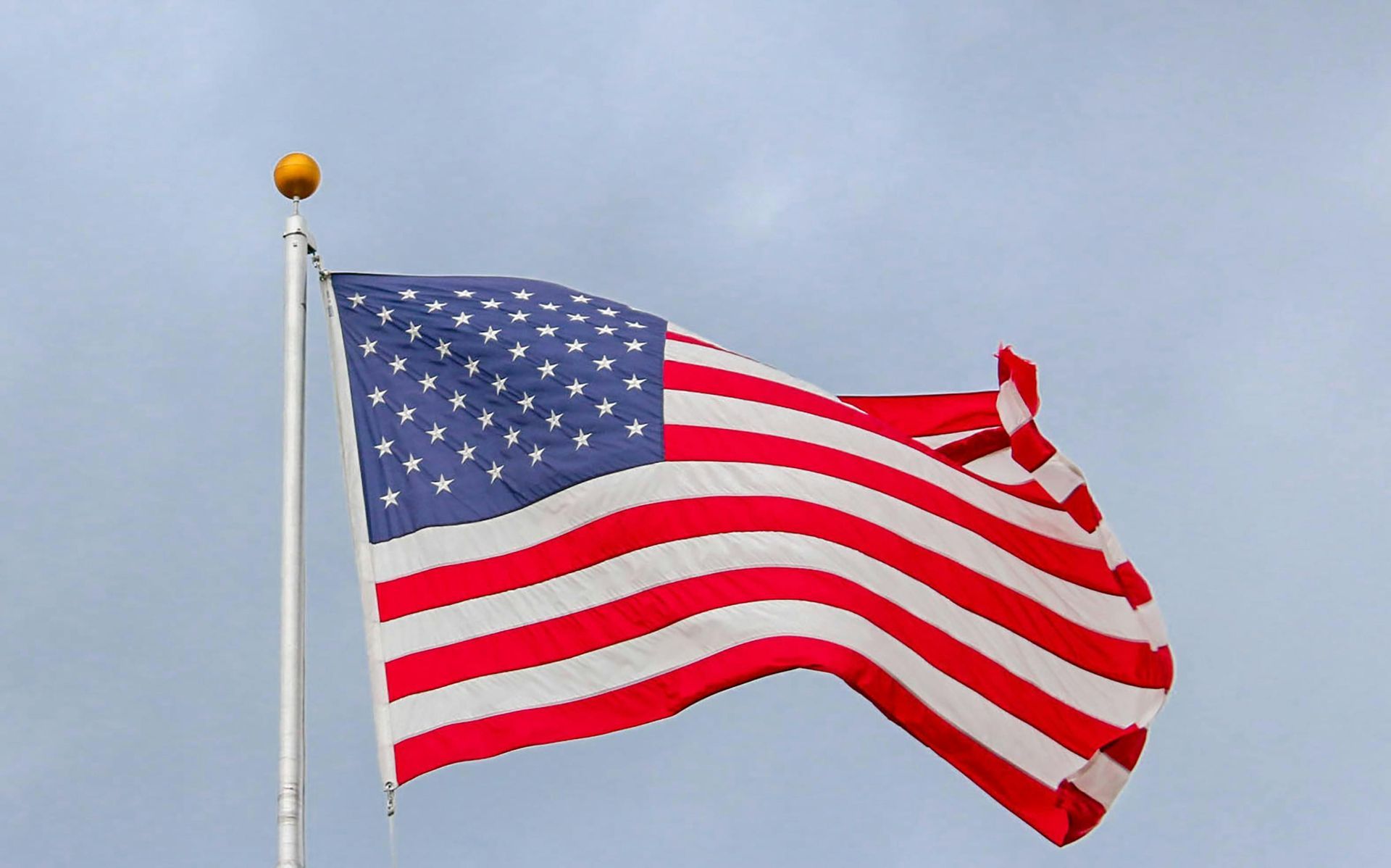
By Demi Wilcox
•
September 3, 2024
Labor Day Activities in Seattle For Seniors! Labor Day is celebrated on the first Monday of September and marks the unofficial end of summer. It is a day to honor and recognize the contributions of workers to the development and prosperity of the country. If you are spending Labor Day weekend in Seattle, there are plenty of activities and events to make it a memorable and fun-filled holiday. In this blog, we will highlight some of the top Labor Day activities in Seattle. 1. Bumbershoot Festival Bumbershoot is an annual music and arts festival held in Seattle Center over Labor Day weekend. It features a diverse lineup of musicians, comedians, and visual artists from all over the world. This year's headliners include Tyler, the Creator, The Lumineers, and H.E.R. Apart from the performances, there are also activities such as film screenings, panel discussions, and interactive art installations. Bumbershoot is a must-visit for music and art lovers. 2. Salmon Days Festival The Issaquah Salmon Days Festival is a two-day event held on the first weekend of October, which coincides with Labor Day weekend. It celebrates the return of the salmon to the Issaquah Creek. The festival offers a variety of activities for all ages, including live music, art and craft vendors, a parade, and a salmon barbecue. You can also participate in the Salmon Days Run, which includes a 5k, 10k, and a kids' dash. 3. Seattle Mariners Game If you are a sports fan, catching a Seattle Mariners game at T-Mobile Park is a great way to spend Labor Day weekend. The Mariners will be playing against the Texas Rangers on Sunday, September 5th, and Monday, September 6th. Enjoy the game while indulging in some baseball favorites like hot dogs, peanuts, and beer. You can also check out the newly renovated "The 'Pen" area, which offers a variety of food and drinks options. 4. Lake Union Wooden Boat Festival The Lake Union Wooden Boat Festival is a free event held at the Center for Wooden Boats on Lake Union. It celebrates the history, culture, and craftsmanship of wooden boats. You can explore a variety of wooden boats on display, take a ride on a classic vessel, and even build your own toy boat. There are also live music performances, food vendors, and activities for kids. This year's festival will take place on Saturday, September 4th and Sunday, September 5th. 5. Seattle Art Fair The Seattle Art Fair is a three-day event that showcases contemporary and modern art from around the world. It features works from established and emerging artists, as well as interactive installations and talks with experts in the art world. This year's fair will take place from Friday, September 3rd to Sunday, September 5th at the CenturyLink Field Event Center. It is a must-visit for art enthusiasts and collectors. 6. Labor Day BBQs and Picnics What better way to celebrate Labor Day than with a classic BBQ or picnic with family and friends? Seattle has many beautiful parks and outdoor spaces where you can host a BBQ or picnic. Some popular options include Gas Works Park, Discovery Park, and Alki Beach. You can also join one of the many community BBQs and picnics organized by local organizations and businesses. In conclusion, Labor Day weekend in Seattle offers a wide range of activities for everyone to enjoy. Whether you are a music lover, sports fan, art enthusiast, or simply looking to relax and have a good time, there is something for you in the Emerald City. So, make the most of your long weekend and celebrate the hard work of American workers in one of the most vibrant cities in the country. Happy Labor Day!

By Demi Wilcox
•
August 29, 2024
As we age, it is natural for our loved ones to do the same. As much as we want them to stay healthy and independent, there may come a time when they need our care and support. It can be overwhelming and challenging, but with the right approach, we can provide the best care for our elderly loved ones. In this blog, we will discuss how to parent and care for an elderly loved one. 1. Communication is Key The first step in caring for an elderly loved one is to have open and honest communication. This includes discussing their needs, preferences, and expectations. It is crucial to involve them in decision-making and respect their choices. Regular communication also helps to build trust and understanding, making it easier to address any issues that may arise. 2. Understand Their Needs Each elderly person has unique needs, and it is essential to understand them. Some may require physical assistance with daily tasks, while others may need emotional support. It is crucial to identify their needs and find ways to fulfill them. This may include medical care, help with household chores, or companionship. 3. Create a Safe and Comfortable Environment As our loved ones age, their mobility and physical abilities may decline. It is important to create a safe and comfortable environment for them to navigate. This may include installing handrails, removing trip hazards, and making necessary modifications to their living space. A comfortable environment that meets their needs can improve their overall well-being and quality of life. 4. Encourage Independence Even though our loved ones may need our help, it is important to encourage their independence. This can be done by involving them in daily activities and allowing them to make decisions. It gives them a sense of control and boosts their self-esteem. However, it is crucial to balance their independence with their safety and well-being. 5. Seek Professional Help Caring for an elderly loved one can be physically and emotionally draining. It is essential to seek professional help when needed. This may include hiring a caregiver, enrolling them in an adult daycare program, or seeking respite care. These services can provide much-needed support and give you a break to recharge. 6. Take Care of Yourself Caring for an elderly loved one can be a full-time job, and it is easy to neglect our own well-being. It is essential to take care of yourself physically, mentally, and emotionally. This may include eating healthy, getting enough rest, and seeking support from family and friends. Remember, you cannot provide quality care if you are not taking care of yourself. 7. Stay Organized Caring for an elderly loved one involves managing appointments, medications, and other important tasks. It is crucial to stay organized and keep track of everything. This may include creating a schedule, setting reminders, and keeping important documents in order. Staying organized can help reduce stress and ensure that your loved one receives the care they need. In conclusion, caring for an elderly loved one requires patience, understanding, and compassion. It is a challenging but rewarding experience that allows us to give back to those who have cared for us. By following these tips, we can provide the best care for our elderly loved ones while also taking care of ourselves. Remember, it takes a village to care for an elderly loved one, so do not be afraid to seek help when needed.
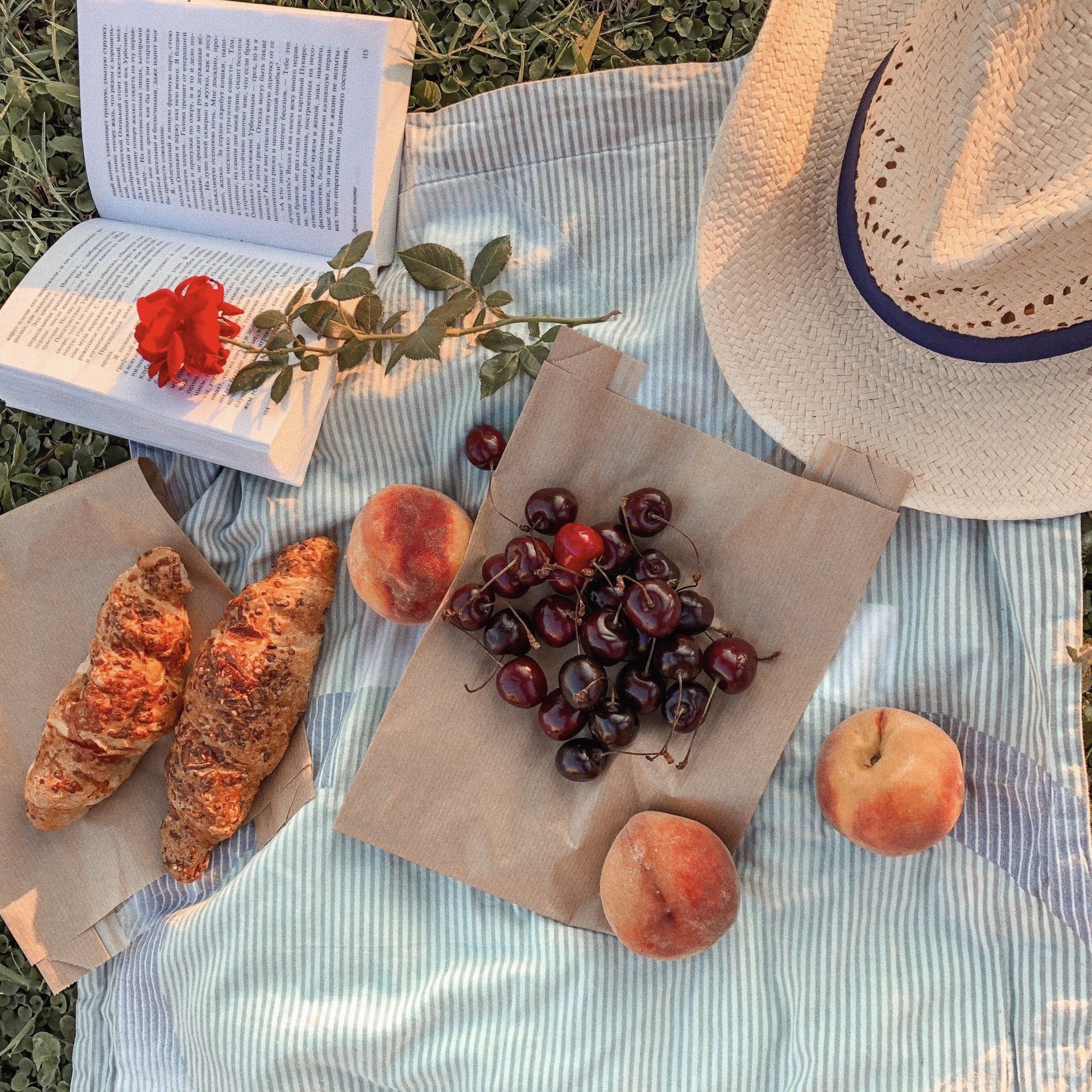
By Demi Wilcox
•
August 26, 2024
Summer is coming to an end, and it's the perfect time to spend quality time with our beloved senior citizens. As the weather gets cooler, it's important to find activities that are suitable for them and bring joy to their days. At Comfort At Home Homecare, we understand the importance of creating memorable experiences for our senior clients. That's why we have compiled a list of four activities to do with senior citizens to end the summer on a high note. 1. Outdoor Picnic There's nothing quite like enjoying a beautiful day outdoors, surrounded by nature and good company. Take your senior loved ones on a picnic to a nearby park or a scenic spot. Pack some delicious snacks, sandwiches, and refreshing drinks, and don't forget to bring a cozy blanket to sit on. This activity is not only a great way to enjoy the last days of summer, but it also provides an opportunity for seniors to get some fresh air and vitamin D. 2. Arts and Crafts Arts and crafts are not just for kids; they can be a fun and therapeutic activity for seniors too. Get creative and make some colorful wind chimes, paint flower pots, or create a collage using old magazines and photos. These activities can help seniors stimulate their minds, improve dexterity, and express their creativity. Plus, the end result can serve as a beautiful keepsake or gift for their loved ones. 3. Virtual Museum Tours With the ongoing pandemic, it may not be safe for seniors to visit crowded places. However, that doesn't mean they can't experience the wonders of the world. Virtual museum tours have become increasingly popular and are a fantastic way to explore different cultures, art, and history from the comfort of their home. You can assist your senior loved ones in navigating through the tour and engage in discussions about the exhibits, making it an enriching and educational experience. 4. Movie Night Who doesn't love a good movie night? Set up a cozy movie night for your senior loved ones by choosing a selection of their favorite movies or introducing them to some new ones. Make some popcorn, grab some comfy blankets, and dim the lights for a classic movie night experience. This activity is perfect for a relaxing evening, and it's an excellent way to bond and reminisce about old times. At Comfort At Home Homecare, we believe that every moment with our senior clients is precious. We strive to provide them with the best care possible, and that includes creating meaningful and enjoyable experiences. We hope these four activities give you some ideas to end the summer with your senior loved ones on a high note. Let's make the most of the remaining days of summer and create cherished memories together.

Contact
info@comfortathomehomecare.com
22708 93rd PL W.
Edmonds WA, 98020
Schedule your free no obligation care assessment today and see for yourself why we are the best value for in home care

